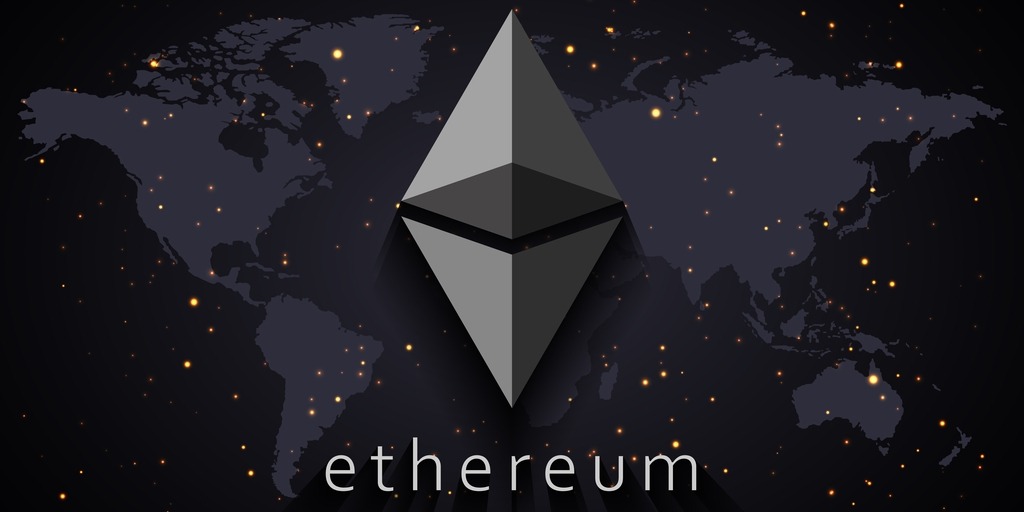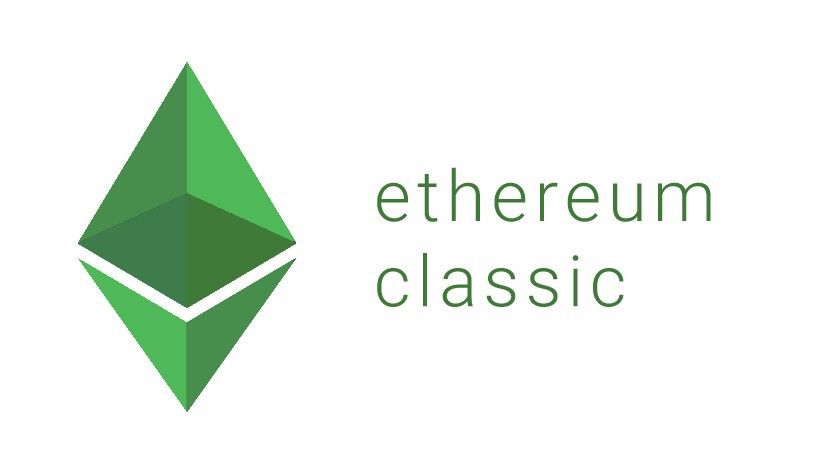An In Depth Comparison Between Ripple And Ethereum(Pre Merge)
As blockchain projects continue to power ground-breaking solutions with significant implications for numerous industries, a conflict between Ripple Vs. Ethereum is beginning. Considering that they are both based on blockchain technology, how do these two well-known blockchain initiatives vary?
Ripple Vs Ethereum: The Main Objective
By offering a decentralized network where people can trade and conduct business without being regulated by any centralized authority, Ethereum was designed to compete with financial institutions. As a result, it serves as a venue where people may come together to develop initiatives and come to a consensus on how to implement various improvements.
- Peers are also brought together on projects they support using Ethereum. Additionally, it is employed to enable the development and production of new tokens that are part of the ERC20 standard.
- On the other hand, Ripple was developed to complement financial institutions rather than to compete with them. The blockchain initiative intends to simplify blockchain financial transaction execution for financial institutions. The project is centralized rather than decentralized. Thus, any changes must be approved by all parties.
- RippleNet, which Ripple powers, is a blockchain solution that is gaining popularity for facilitating cross-border payments. Instant transaction settlements and two-way communications are further features provided by the network.
- While Ethereum views itself as a digital token and a medium of exchange, Ripple presents itself as a practical tool for international trade.
Ripple vs. Ethereum: Future Technology Development
Instant payments can be made at low costs using Ripple’s open-source distributed payment system. The network protocol enables cross-currency transactions without the requirement for a central authority.
On the other side, Ethereum is a piece of software that makes it possible to verify and run code on the Ethereum blockchain. Decentralized applications, which are similar to conventional computer applications but have a higher level of security and a lower chance of going offline, are also supported by Ethereum.
Ripple Vs. Ethereum: Coin Distribution
The XEP Ledger for Ripple is kept up-to-date using a Protocol Consensus Algorithm, distinct from the proof-of-work models frequently employed by competing cryptocurrencies. Since the project’s native currency’s coins were all pre-mined at launch, mining XRP is not an option.
- At the commencement of the project, 100 billion XRP tokens were mined, of which Ripple currently holds 7 billion. Furthermore, Ripple has authority over almost 55 billion XRP currency through an escrow account.
- Ethash, a proof-of-work technique, is used to sustain Ethereum, on the other hand. The network’s primary cryptocurrency, Ether, also serves as a means of payment for running distributed apps on the platform.
- Unlike Ripple, Ethereum can be obtained by mining, which entails using computers set up by miners to solve cryptographic challenges. Furthermore, 60 million Ether were produced for presale contributors in 2014, of which 20%, or 12 million, were allotted to the development fund.
Also Read: The main distinctions between utility tokens and equity tokens
Scalability of Ripple vs. Ethereum
Ripple and Ethereum cannot be properly compared without comparing the two blockchain projects’ scalability. Scalability is the maximum number of transactions a blockchain can process in a given time.
- Compared to Ethereum and other cryptocurrencies, Ripple has an advantage thanks to its blockchain’s ability to perform up to 1,500 transactions per second. This is 100 times more than Ethereum can process, a feature that has drawn the attention of the mainstream banking sector to the network.
- Compared to Ethereum, Ripple is faster at processing transactions. Every two minutes, Ethereum delivers a transaction. In contrast, Ripple may complete a transaction every four seconds.
Conclusion
Given its transaction speeds and the total number of transactions it can do in a second, Ripple defeats Ethereum when handling currency transfers. The advantage that Ethereum has over Ripple in handling a variety of complex interactions between several parties has led to its application for things like smart contracts.
Given that the two blockchain systems have an advantage in their fields of expertise, it is anticipated that the Ethereum vs. Ripple conflict will last for many years.
Stay informed with daily updates from Blockchain Magazine on Google News. Click here to follow us and mark as favorite: [Blockchain Magazine on Google News].
Get Blockchain Insights In Inbox
Stay ahead of the curve with expert analysis and market updates.
latest from tech
Disclaimer: Any post shared by a third-party agency are sponsored and Blockchain Magazine has no views on any such posts. The views and opinions expressed in this post are those of the clients and do not necessarily reflect the official policy or position of Blockchain Magazine. The information provided in this post is for informational purposes only and should not be considered as financial, investment, or professional advice. Blockchain Magazine does not endorse or promote any specific products, services, or companies mentioned in this posts. Readers are encouraged to conduct their own research and consult with a qualified professional before making any financial decisions. The featured image used is just a creative depiction of the title and it does not intend to hurt sentiments of any person or institution. If it hurts anyone sentiments, please do not hesitate to reach out to Blockchain Magazine.

 Bitcoin
Bitcoin  Ethereum
Ethereum  XRP
XRP  Tether
Tether  Solana
Solana  Dogecoin
Dogecoin  USDC
USDC  Cardano
Cardano  Lido Staked Ether
Lido Staked Ether  TRON
TRON  Chainlink
Chainlink  Avalanche
Avalanche  Wrapped stETH
Wrapped stETH  Wrapped Bitcoin
Wrapped Bitcoin  Sui
Sui  Toncoin
Toncoin  Stellar
Stellar  Hedera
Hedera  Shiba Inu
Shiba Inu  WETH
WETH  Polkadot
Polkadot  LEO Token
LEO Token  Litecoin
Litecoin  Bitcoin Cash
Bitcoin Cash  Bitget Token
Bitget Token  Hyperliquid
Hyperliquid  Official Trump
Official Trump  Uniswap
Uniswap  USDS
USDS  Wrapped eETH
Wrapped eETH  Pepe
Pepe  NEAR Protocol
NEAR Protocol  Ethena USDe
Ethena USDe  Aave
Aave  Aptos
Aptos  Internet Computer
Internet Computer  Monero
Monero  WhiteBIT Coin
WhiteBIT Coin  Ethereum Classic
Ethereum Classic  Ondo
Ondo  Cronos
Cronos  POL (ex-MATIC)
POL (ex-MATIC)  Mantle
Mantle  Render
Render  Dai
Dai  MANTRA
MANTRA  Algorand
Algorand 




